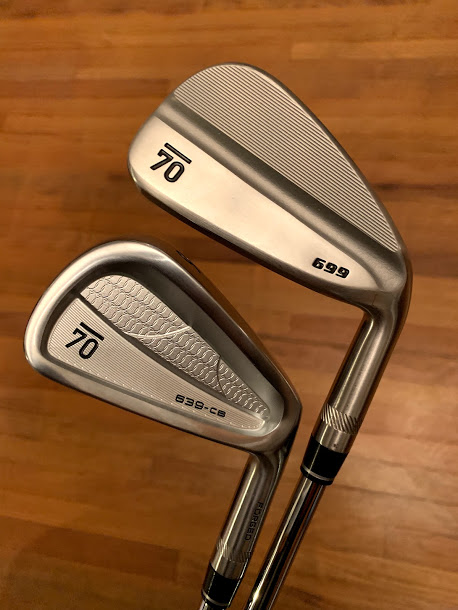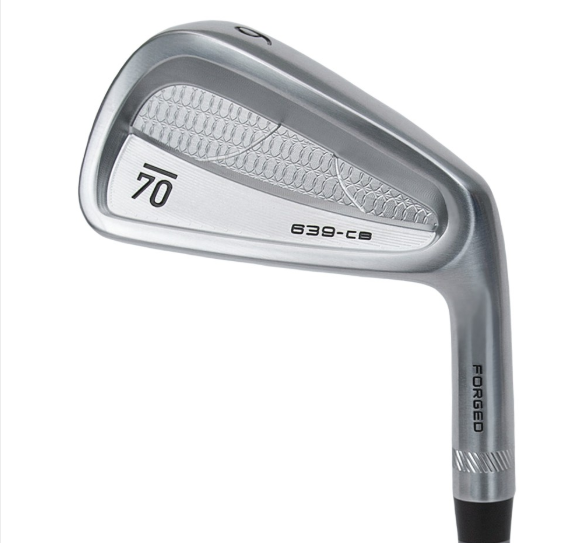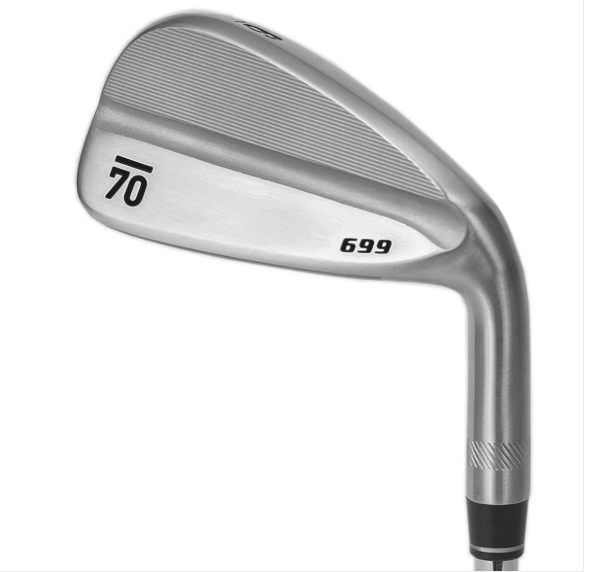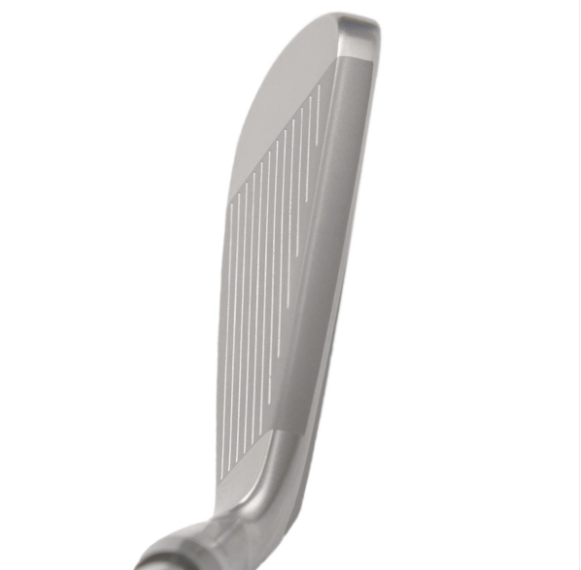Sub 70 Golf 639 and 699 Irons Test
Sub 70 Golf is an upstart golf equipment manufacturer that brings a small town feel to a big business market. Their direct-to-consumer model enables them to price their products significantly lower than competitors, but is performance compromised for an attempt to capture a sliver of market share?
I had the chance to test the Sub 70 Golf 639 and 699 irons recently, comparing them to what was currently in my bag. After the dust settled and the results were analyzed, it is clear that the Sub 70 irons performed as strong as higher priced competitors.
What Was Tested?
This comparison test was conducted at Mistwood Golf Dome, which is a driving range equipped with Top Tracer Range technology. This is the same ball launch monitor tech seen on professional golf telecasts and includes metrics on ball speed, carry yardage, launch and other factors.
The Sub 70 Golf 639 cavity back irons and 699 forged irons were compared to my current gamer cavity back irons. All clubs featured shaft profiles extremely similar (if not the same) to one another. For transparency, the 699 lofts are an average of 3-degrees stronger than both the 639’s and my gamers.
Shots were hit with each club in rotation, starting with my gamers as a baseline. The 639 irons were hit second, followed by the 699 model. A six-iron was used from each brand.
Sub 70 639 CB Forged Company Description
The Sub 70 639-CB Forged Iron is a workhorse for the player who seeks distance and control while retaining feel. It is precision forged and milled from a solid billet of DT-4 soft stainless steel for unparalleled feel and responsiveness off the face. The club is designed with a rounded leading edge and sole design to provide better turf interaction for the player who needs forgiveness, and the player’s style cavity back provides additional margin for error while not eliminating workability.
The 639-CB provides the best of both worlds, allowing for creativity and shaping of shots while providing the necessary forgiveness to the player in need.
Sub 70 699 Company Description
The Sub 70 699 is for the golfer that requires the newest technology in game improvement without sacrificing looks and shot making ability. The manufacturing process was fine tuned to provide the hottest face and the largest sweet spot attainable without sacrificing looks and playability. The precision milled face is a 1.7mm wide sliver of 455 Carpenter Steel, allowing for maximum compression and face flex for added ball speed, even on mishits. The hollow bodied head is injected with TPE, a resin like substance that stabilizes the face and creates improved feel and sound at impact.
The 699 is the successful culmination of Sub 70's desire to offer an iron that uses the latest in game improvement technology but retains the sleekness of a traditional player's club, inspiring confidence at address and power at delivery.
Data Snapshot
As you can see by the data snapshot above, which includes data from all three club types, there are a few clear differences. The longest distances recorded in the pictured sample were produced by the Sub 70 699 iron. This was expected, of course, as the standard loft in this model is 27-degrees; stronger than the other two irons. Launch was also higher throughout the test in the 699, which speaks volumes for the clubhead’s weighting design.
While not immediately clear in the snapshot above, the 639 irons and my gamers performed almost identically over the course of the entire test. In fact, I would go so far as saying the 639 cavity backs felt, sounded, and produced numbers I could begin playing tomorrow without noticing any difference from my current set.
Ball speeds across all three irons were similar, with higher speeds going to the stronger lofted 699 irons.
A quick note on Top Tracer’s roll distances: they are quite absurd. There’s no way any of the balls hit would roll that far hitting a mid-iron, so carry distance should be the main focus here.
Overall Impression
It is human nature to think if a product is priced nearly 50% cheaper than a competitor, performance is going to be significantly different than the more expensive option. You may automatically assume it will be much worse before trying it for yourself.
This is especially true — and in most cases, accurate — in the golf equipment industry. Value brands are available everywhere, and their technology/design characteristics are comprised of cheaper materials or manufacturing processes. These are fine options for the beginner or casual player.
The direct-to-consumer model flips that perception on its head. Eliminating third-party “interference” not only allows companies to get clubs into your hands faster, you also avoid any price mark-ups along the way.
Sub 70 Golf understands this well, and while their products are designed and constructed of materials that may not be as flashy or well-advertised as other brands, my test found that the end products perform just as strong as what I am currently playing.
This is not to insinuate that there is lesser value to products that cost more due to design characteristics, materials, or Tour presence. There are reasons why those clubs are widely used by the world’s best, and the intent of this review was not to shame anyone for preferring those options. However, it is clear that when the combination of performance and affordability matters (and when doesn’t it, really?), there are other options available to the consumer.
We will be doing much more with Sub 70 Golf throughout 2019, but our first impression of their 639 and 699 irons has been highly positive, especially when compared to what I’m currently playing.
The Sub 70 639 CB Forged irons retail for $514.00 (5-PW).
The Sub 70 699 irons retail for $428.00 (5-PW).






